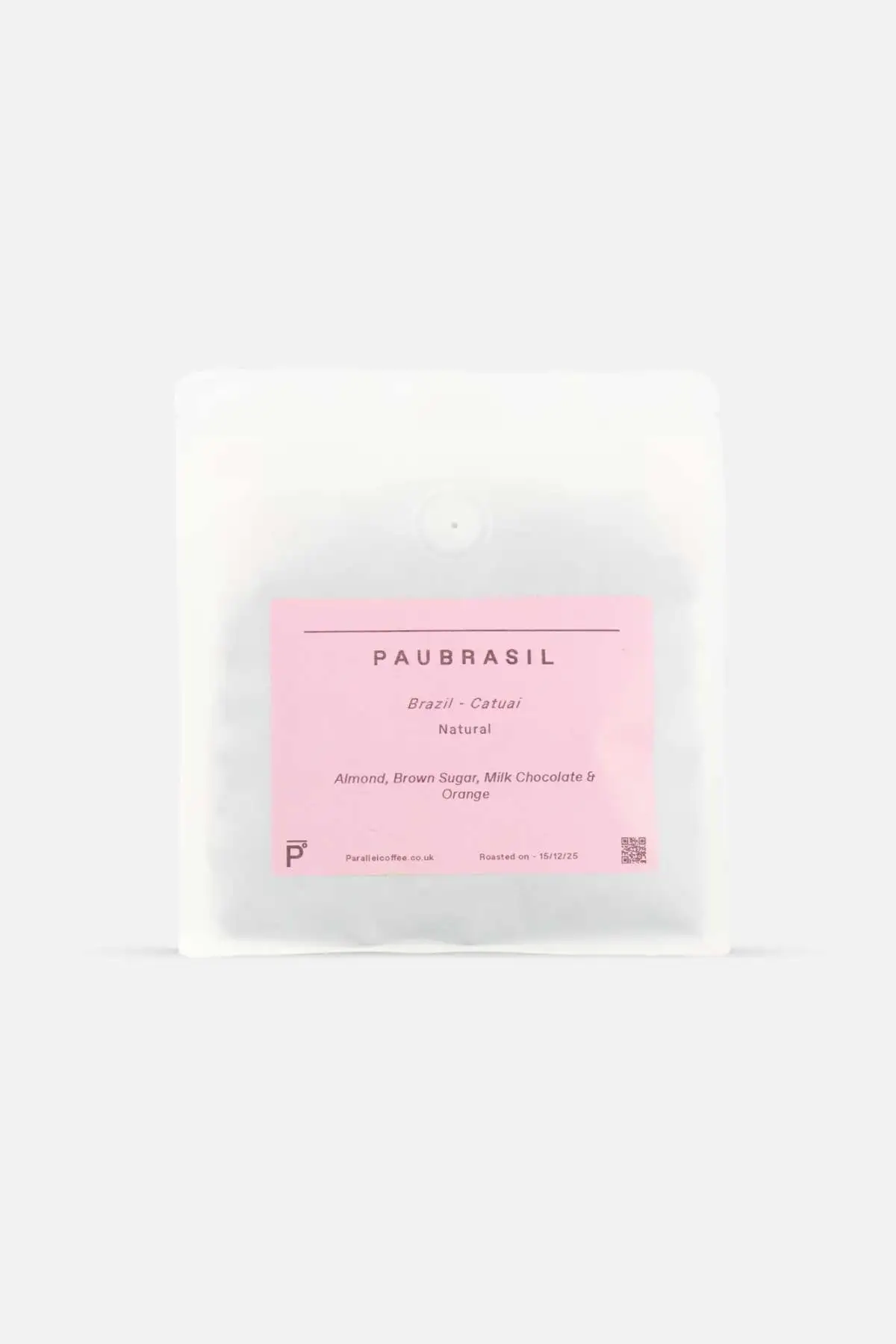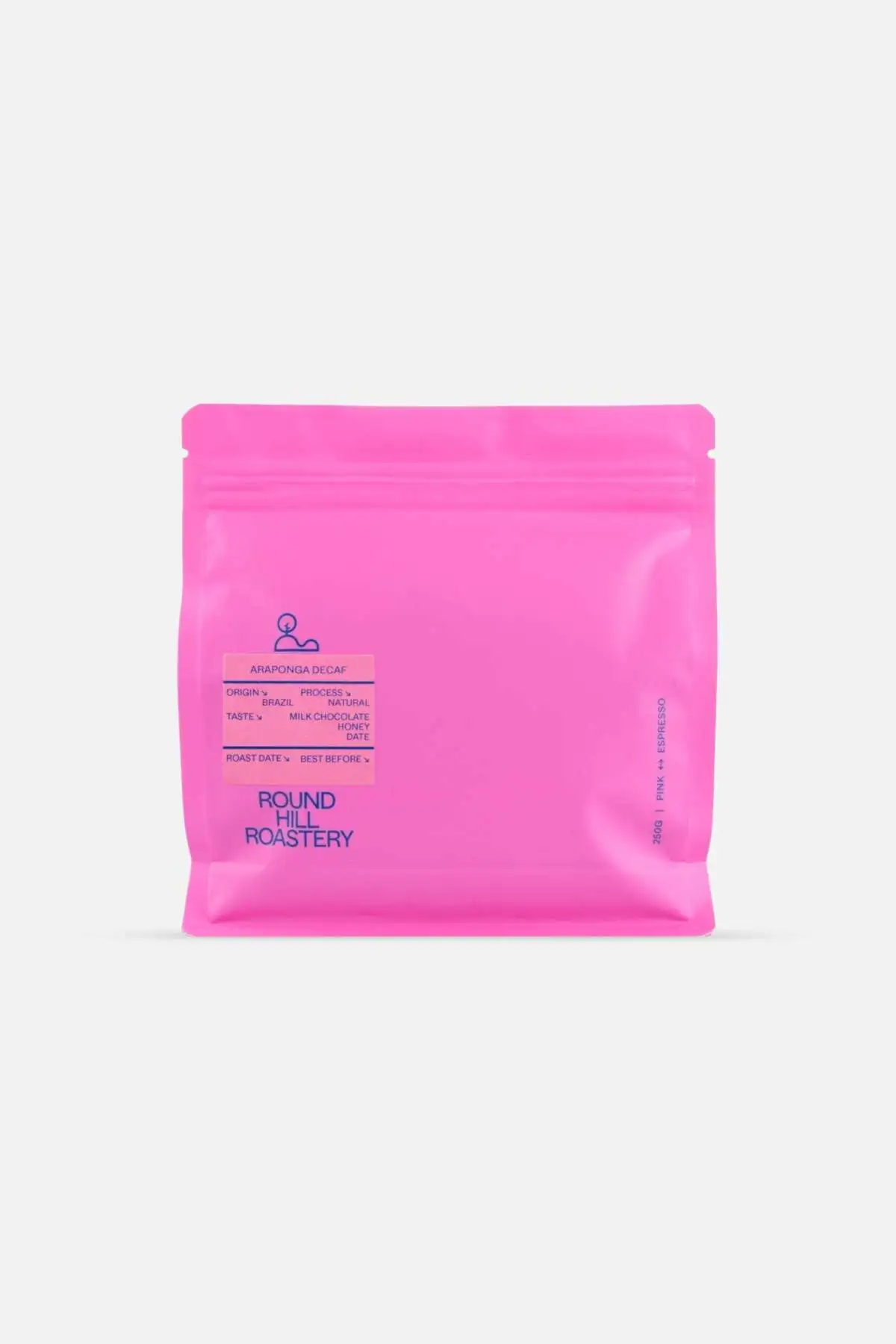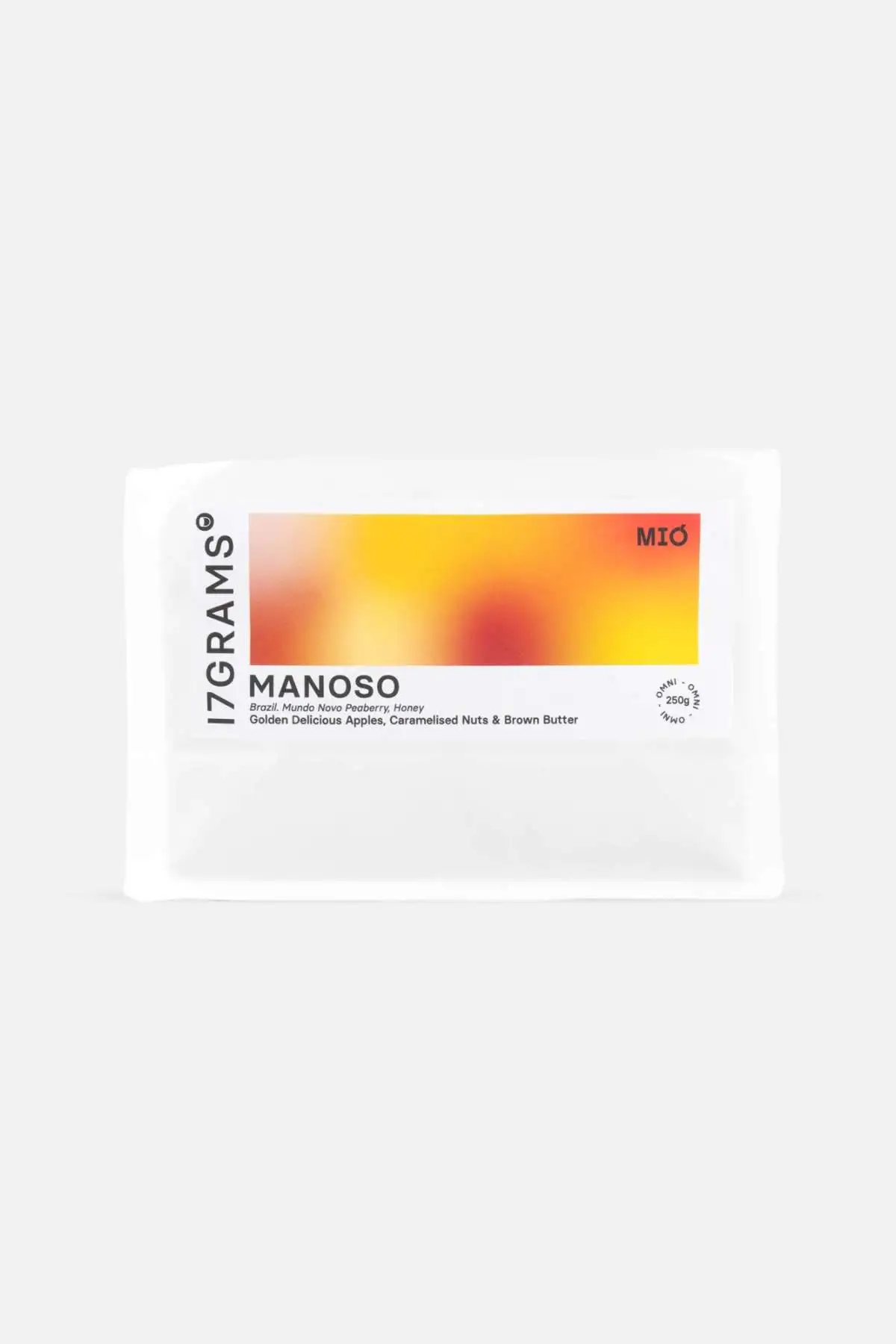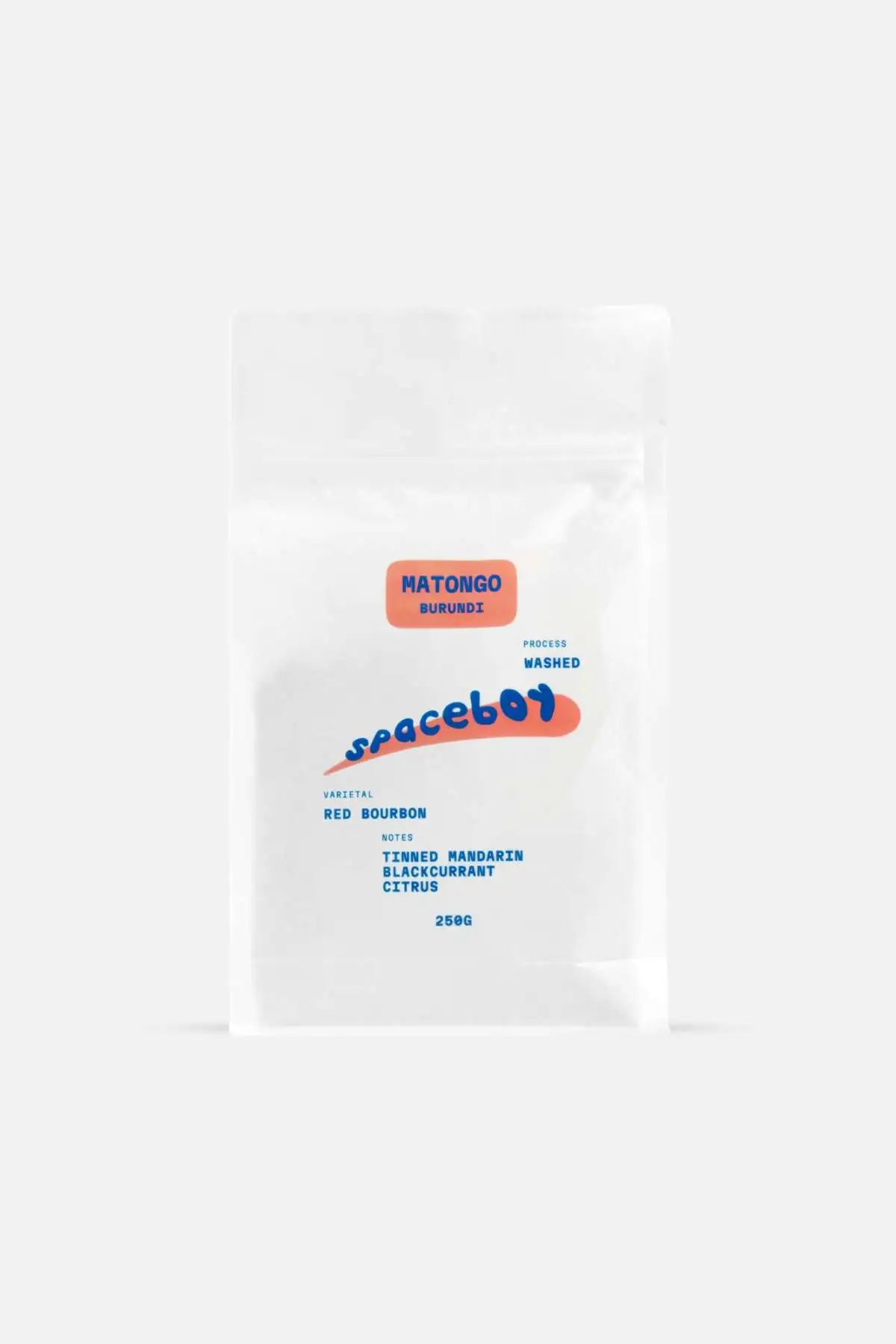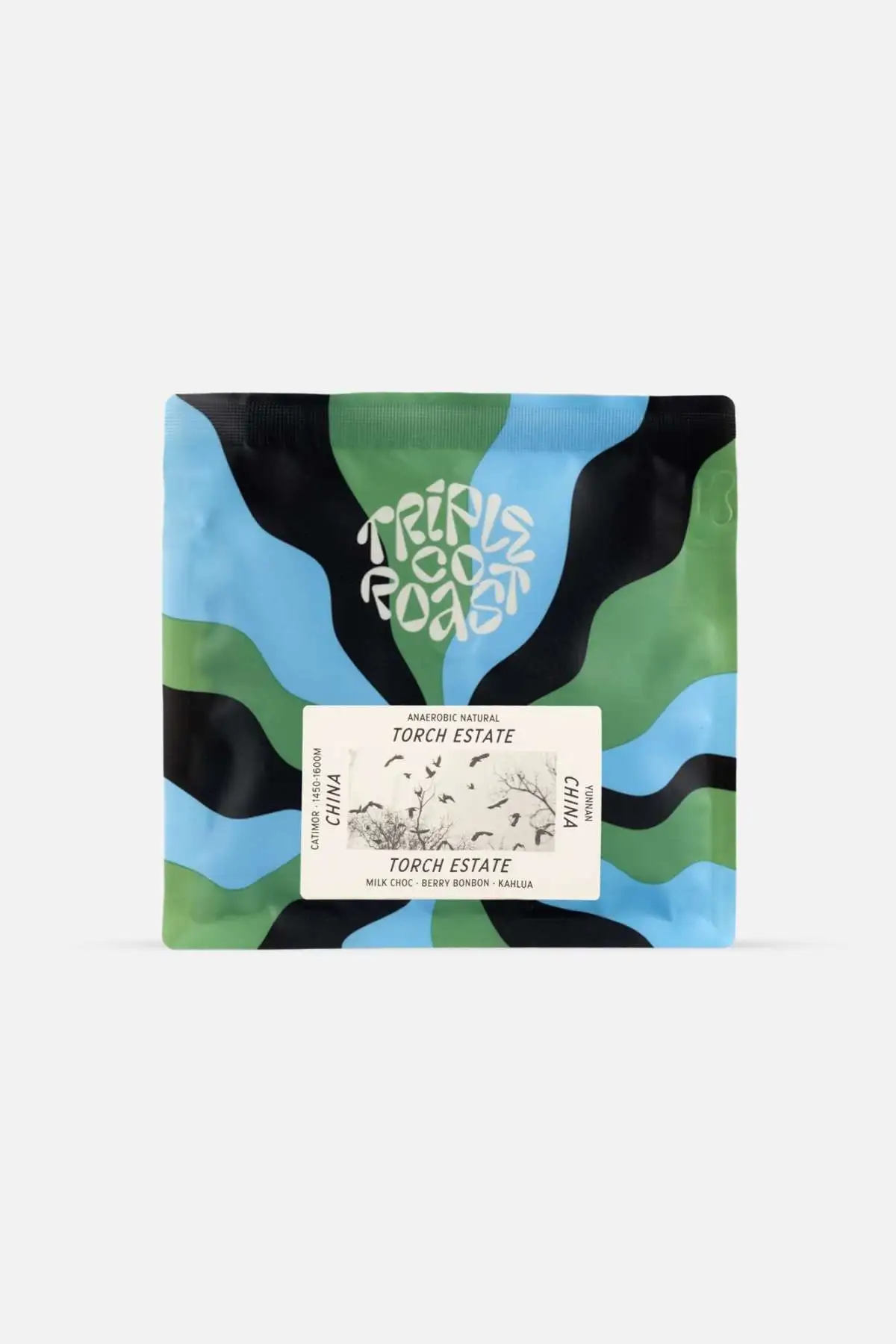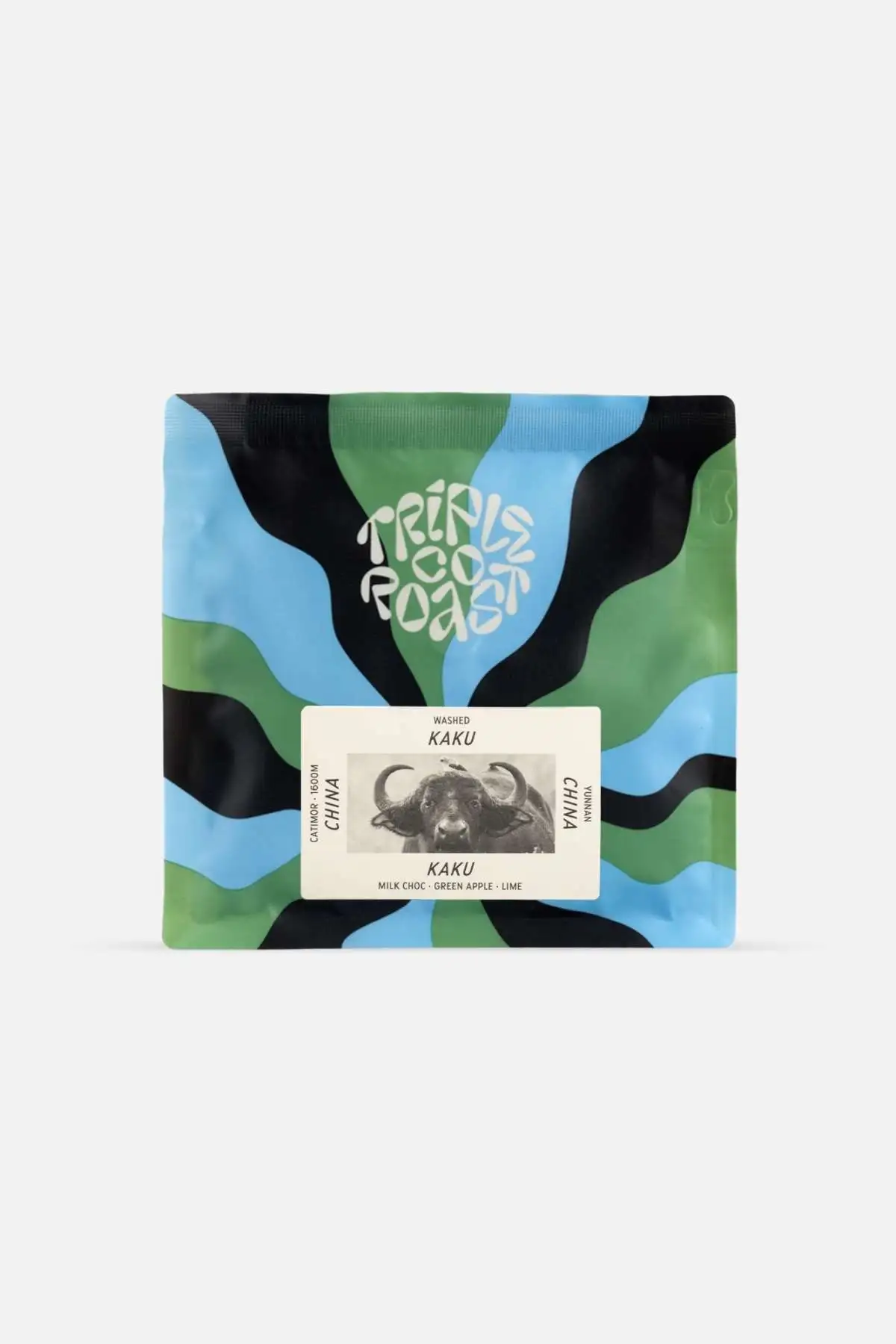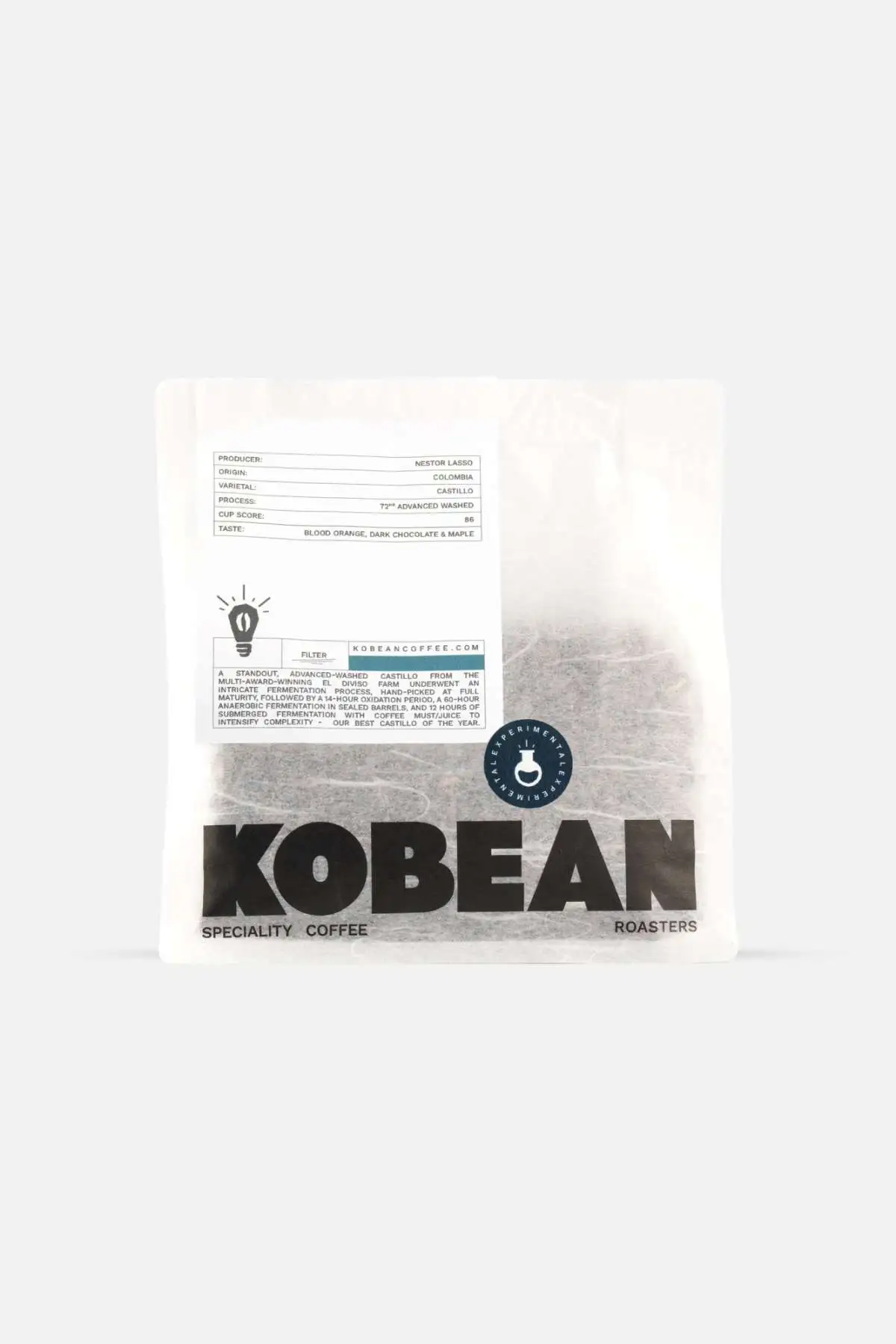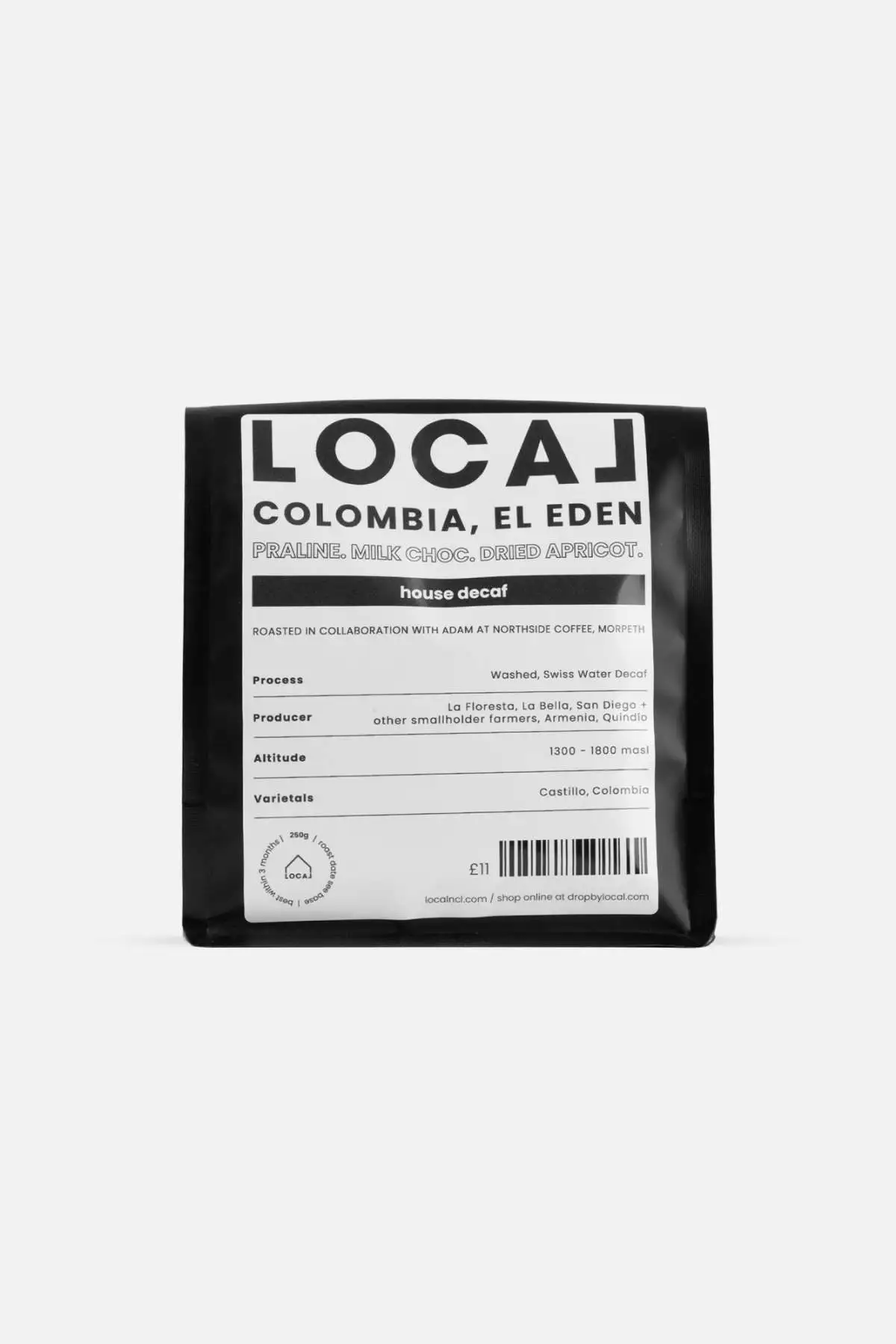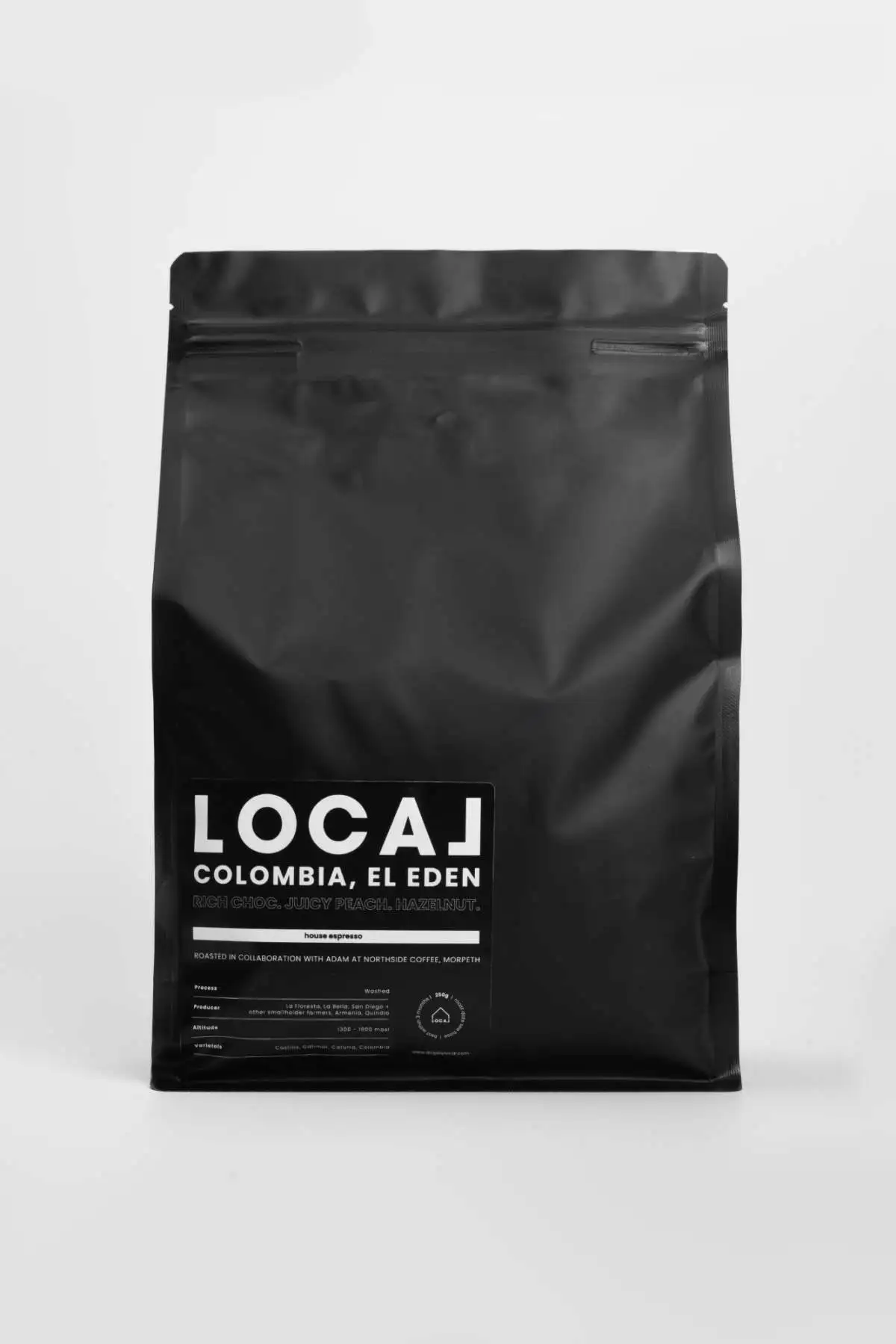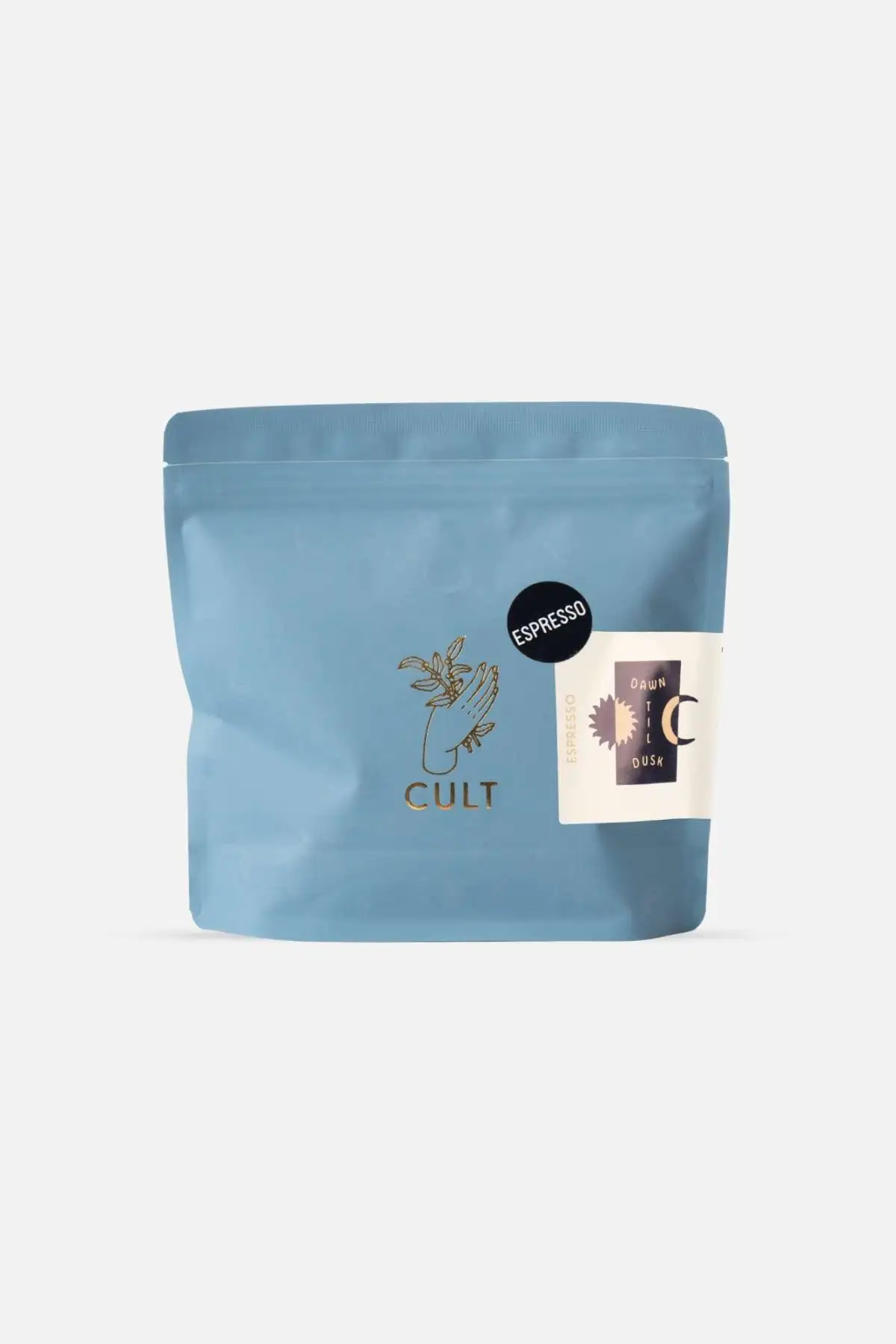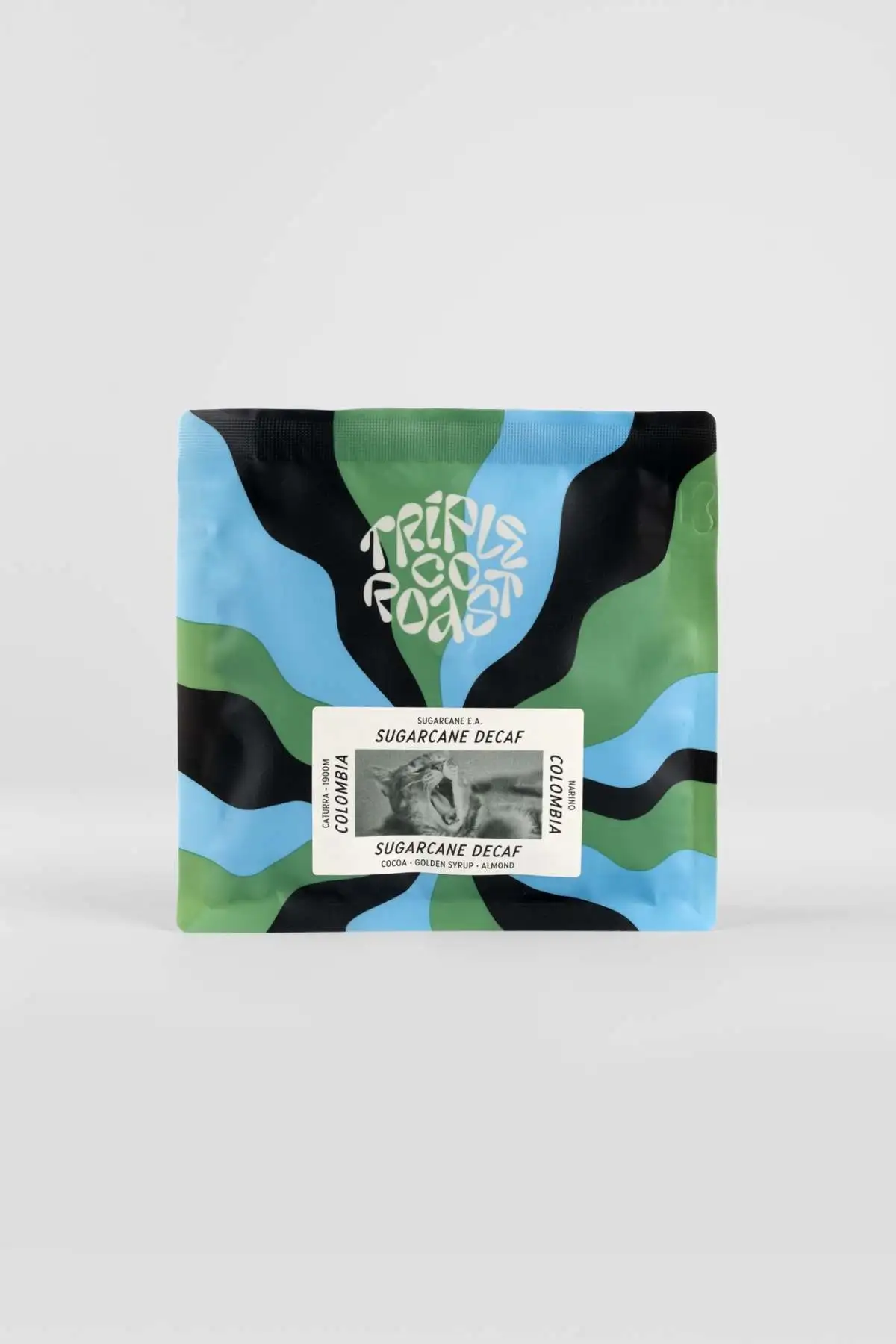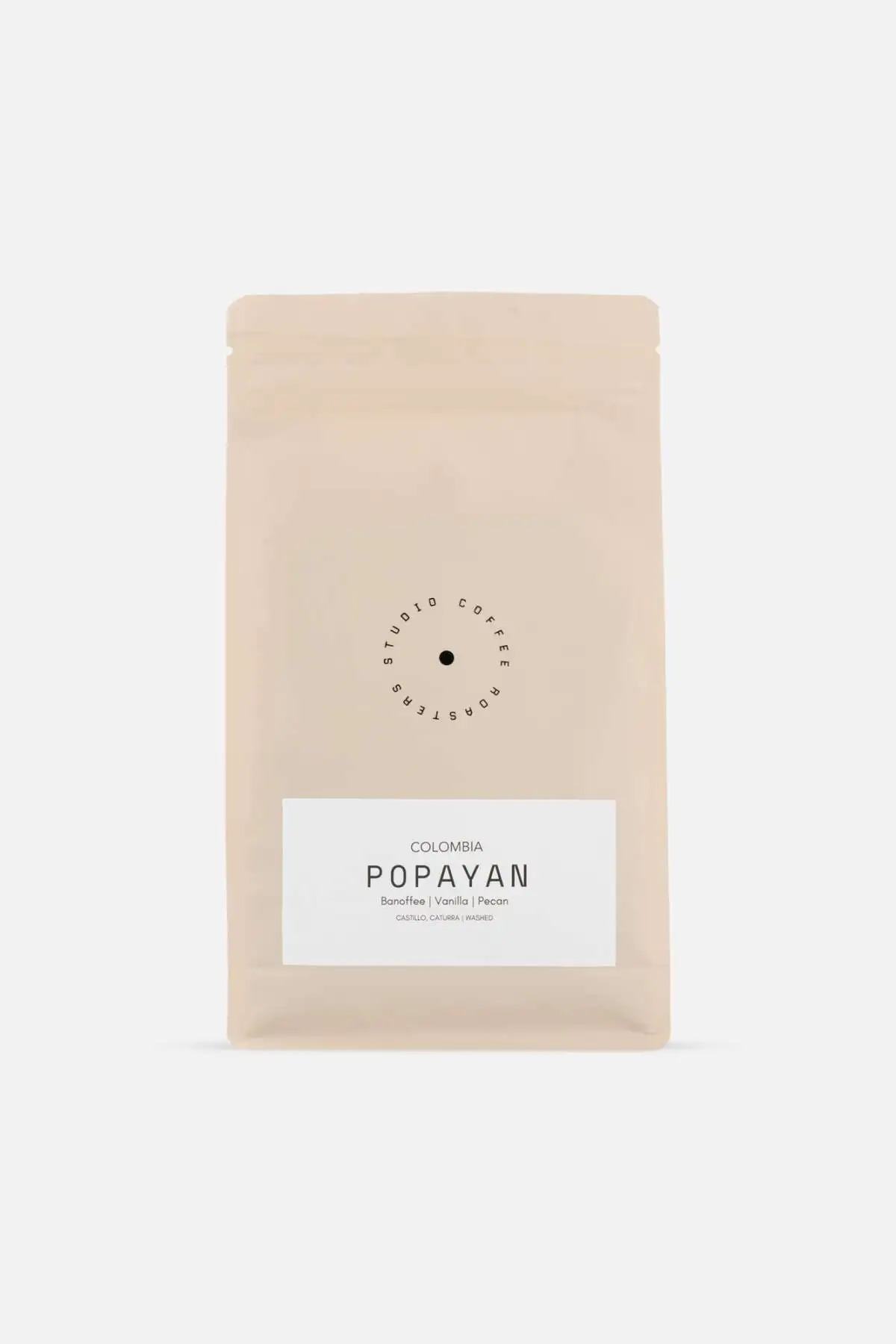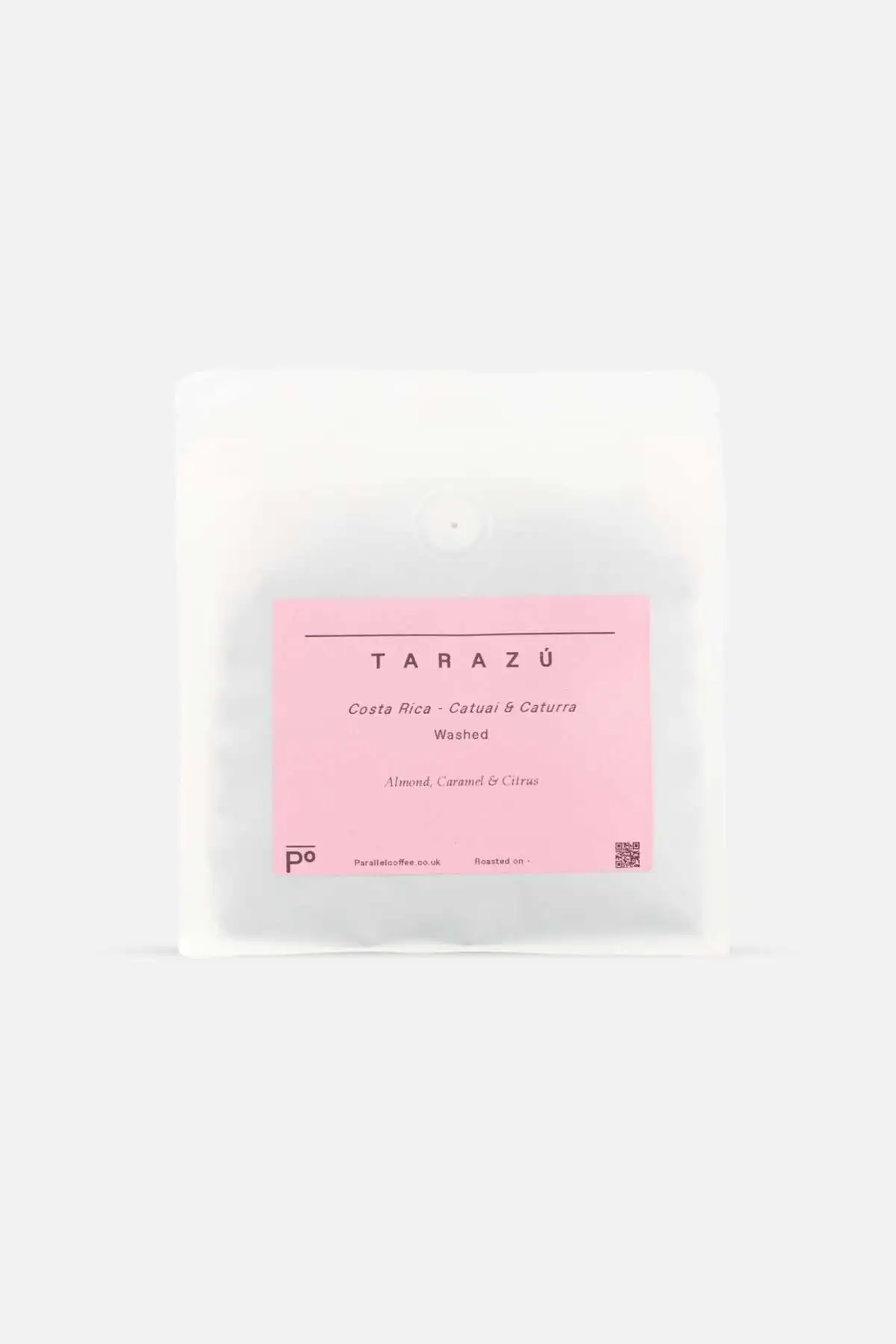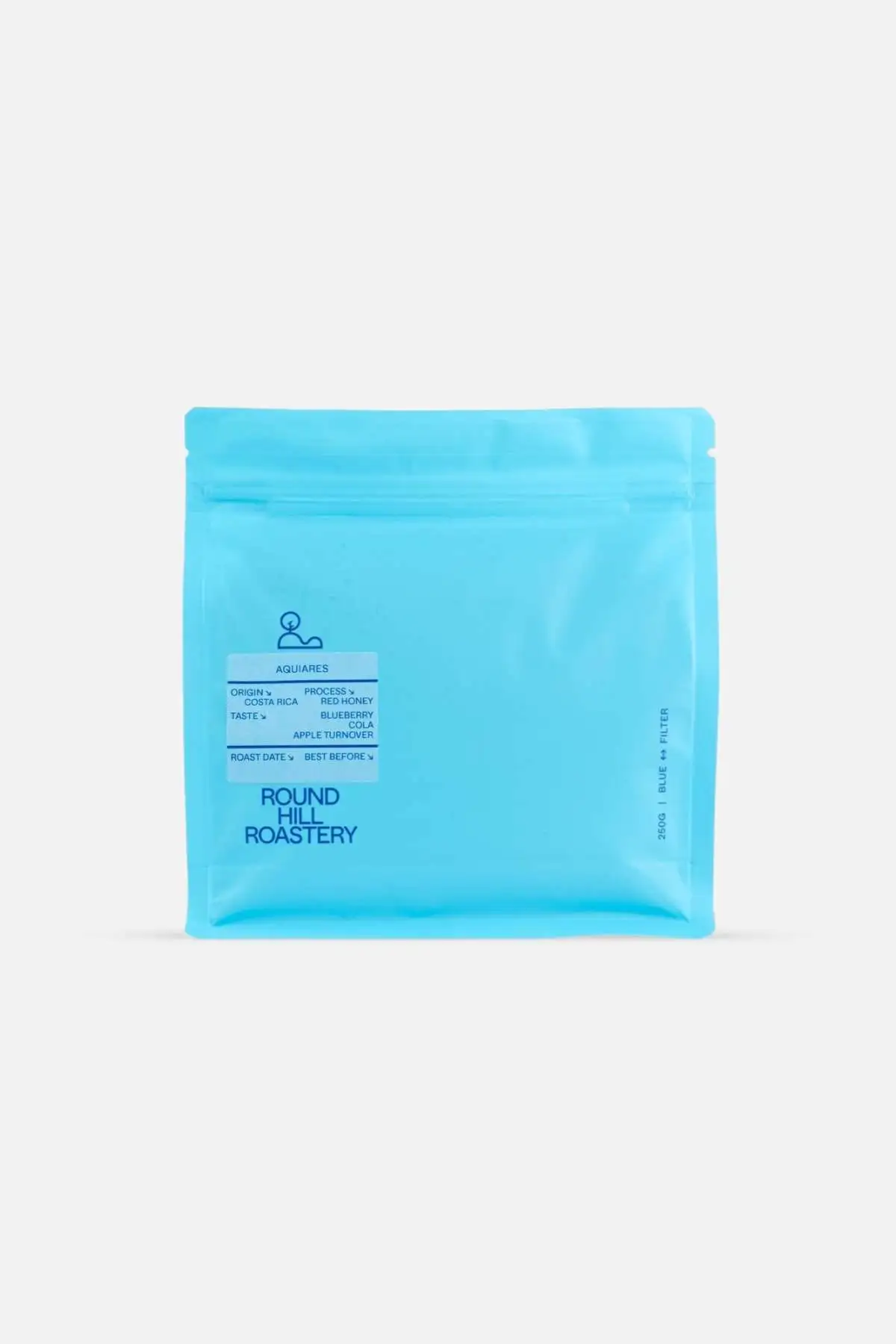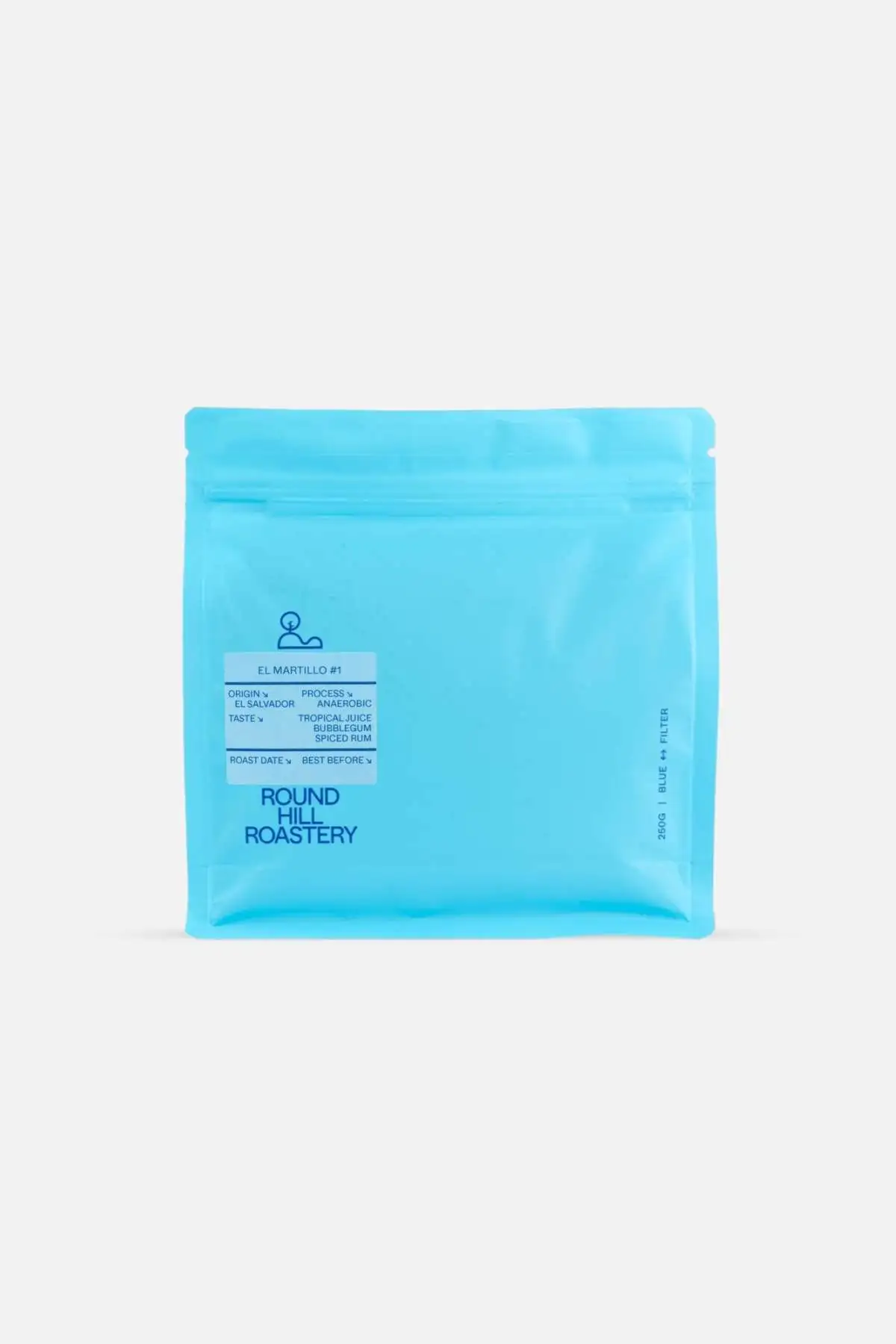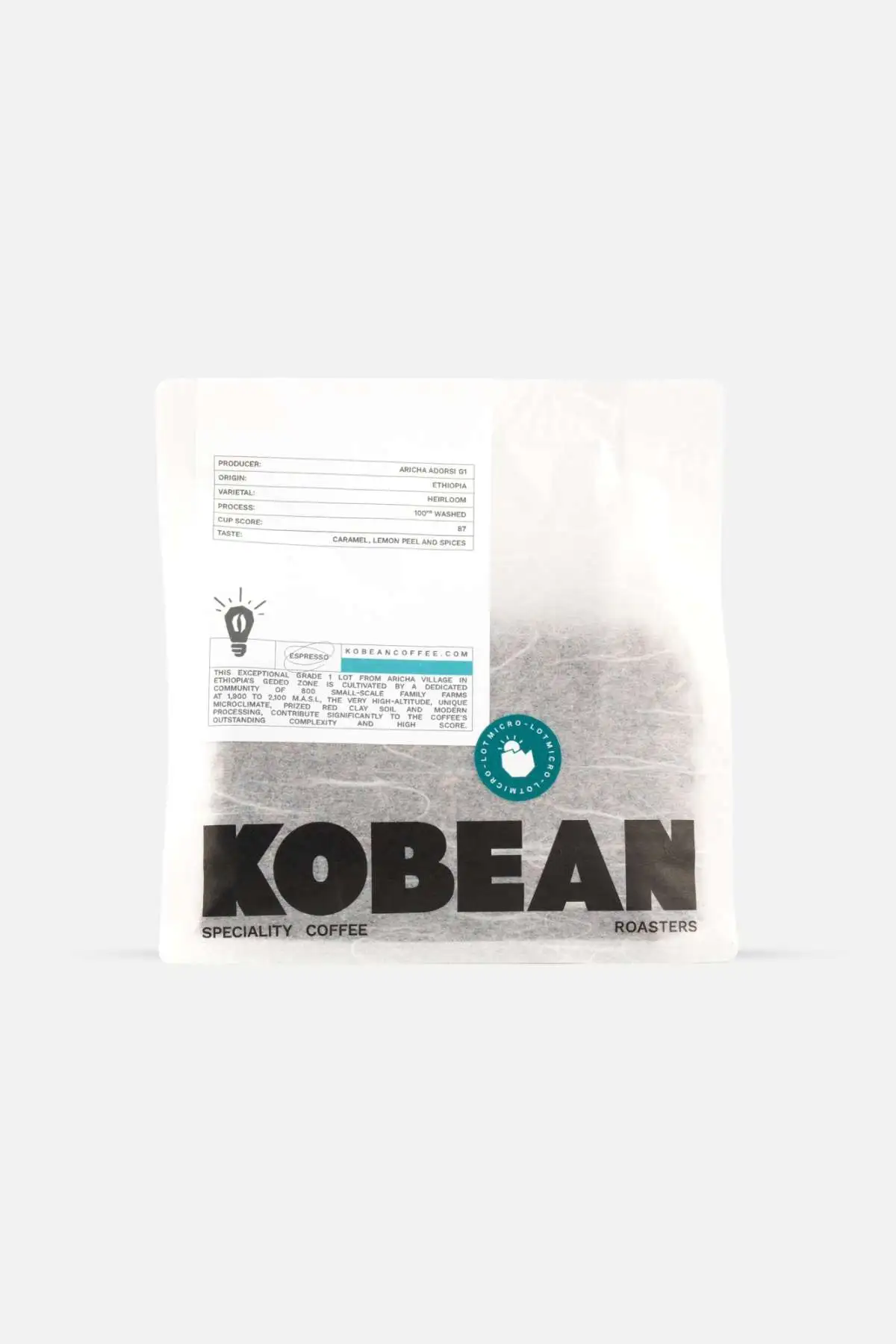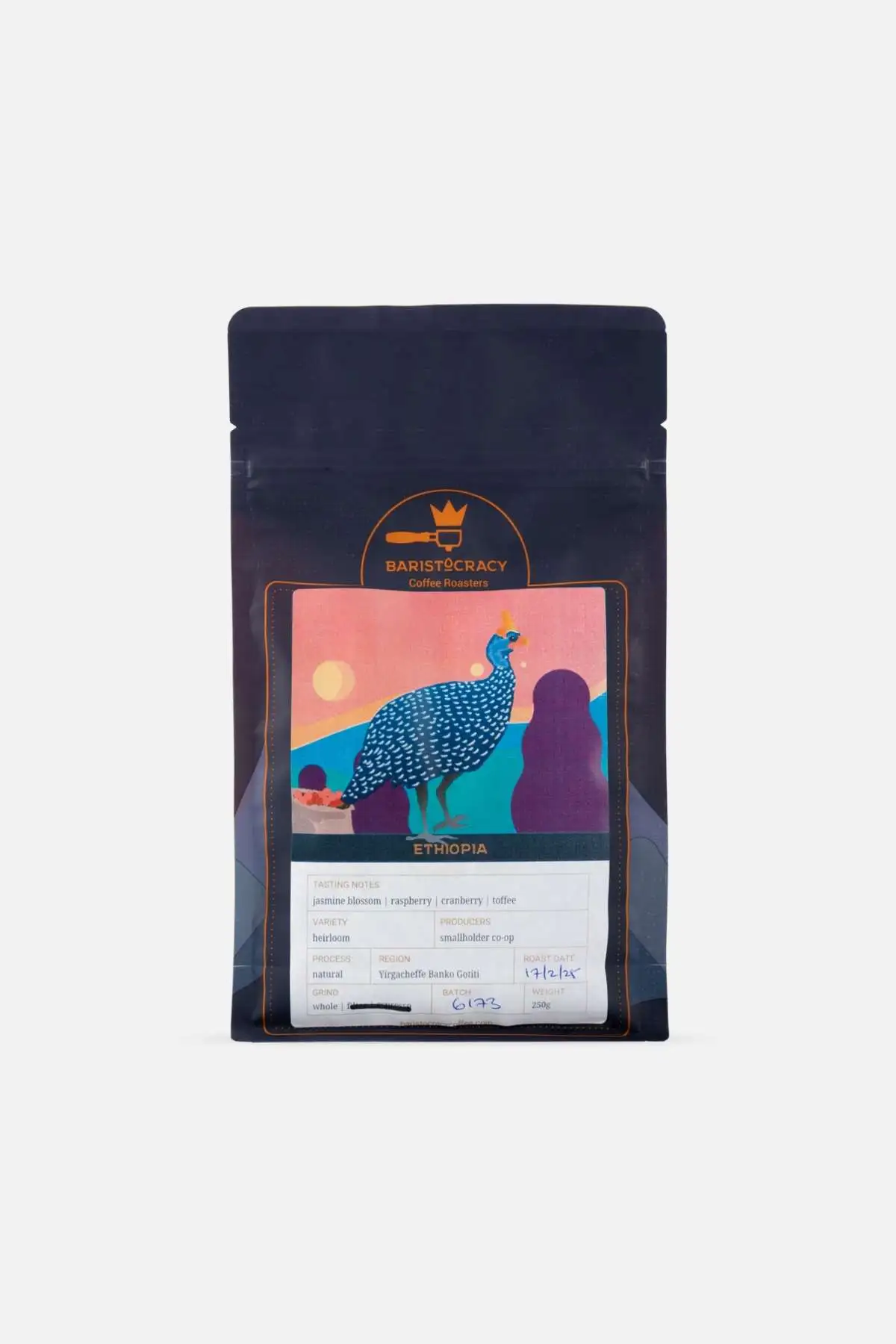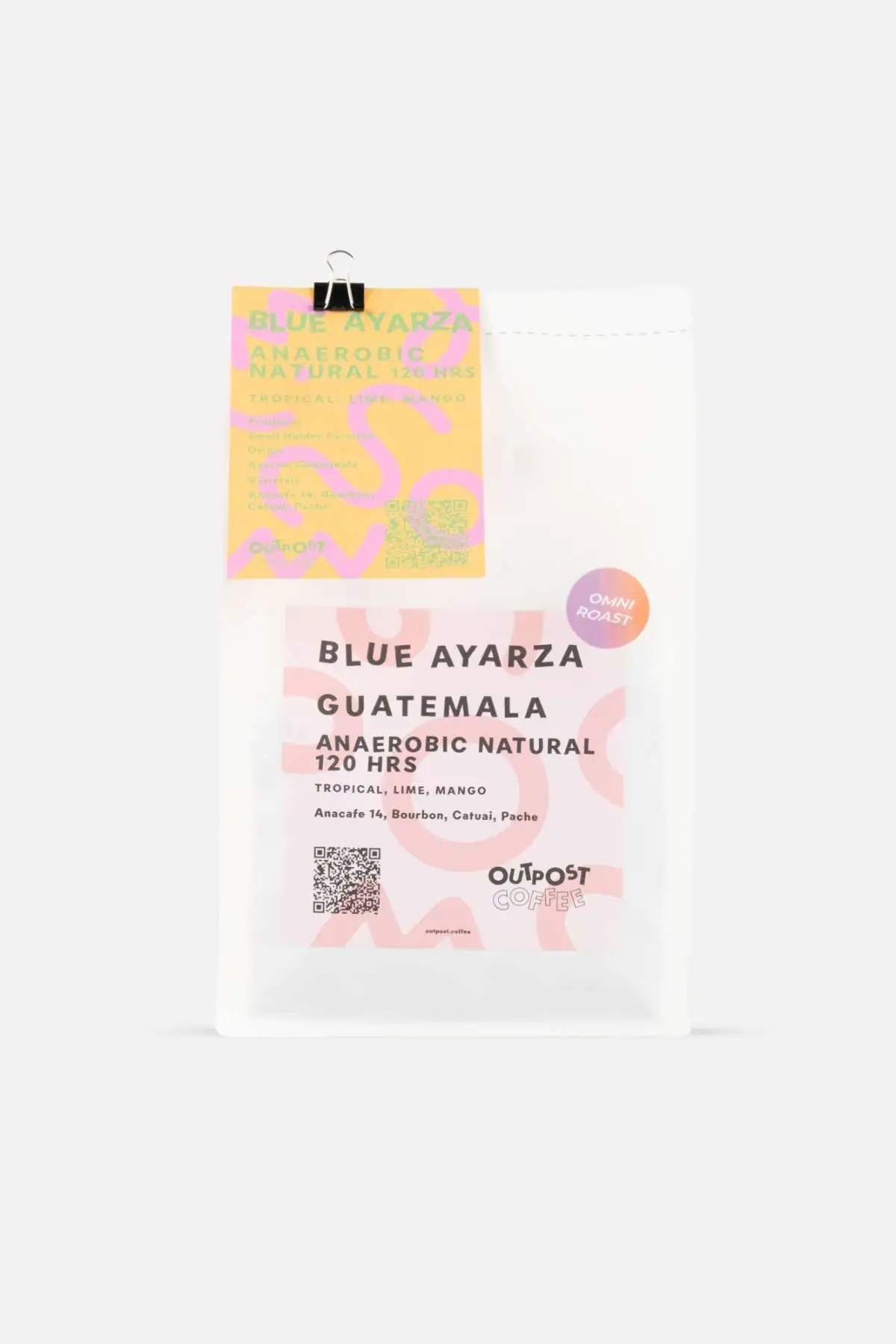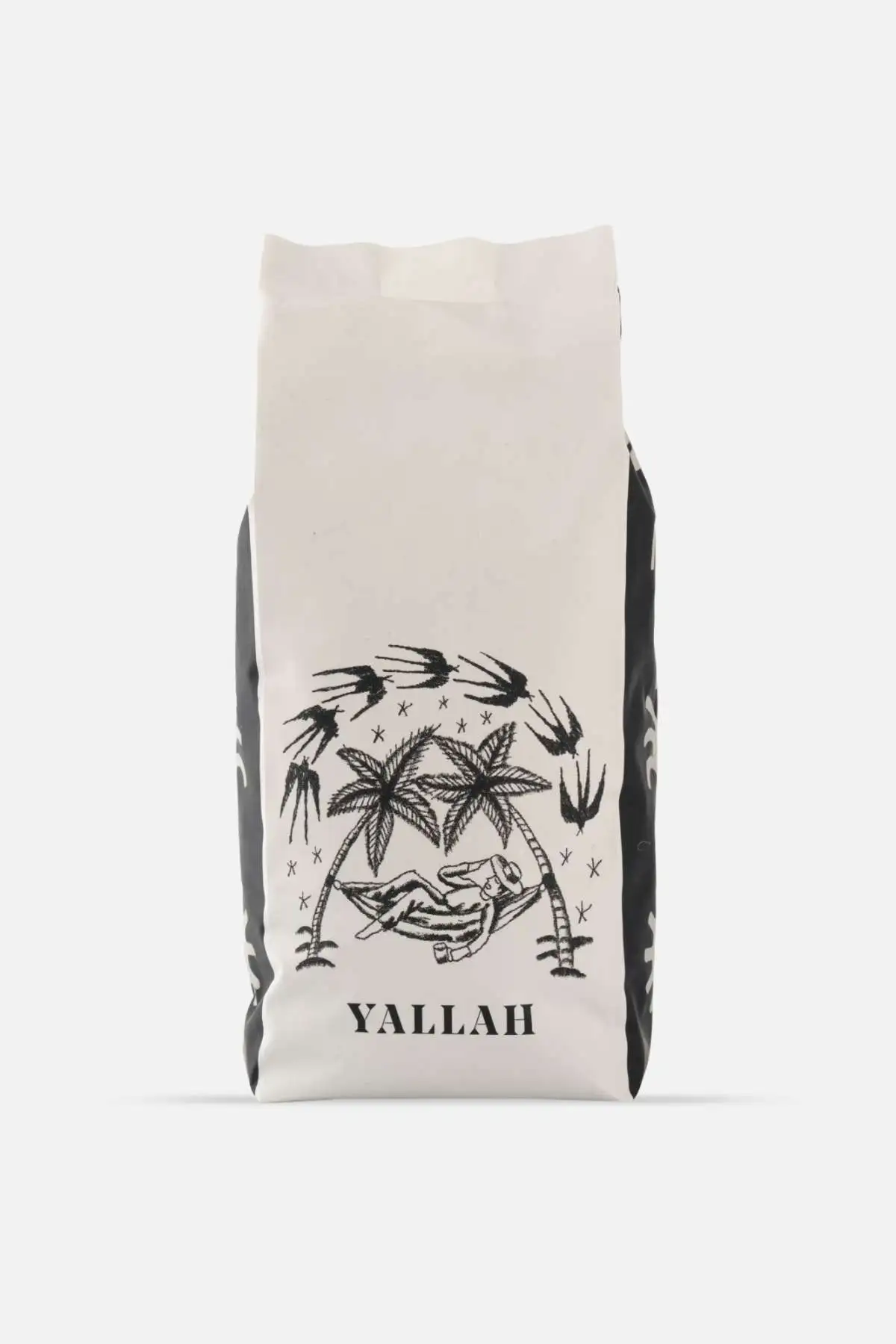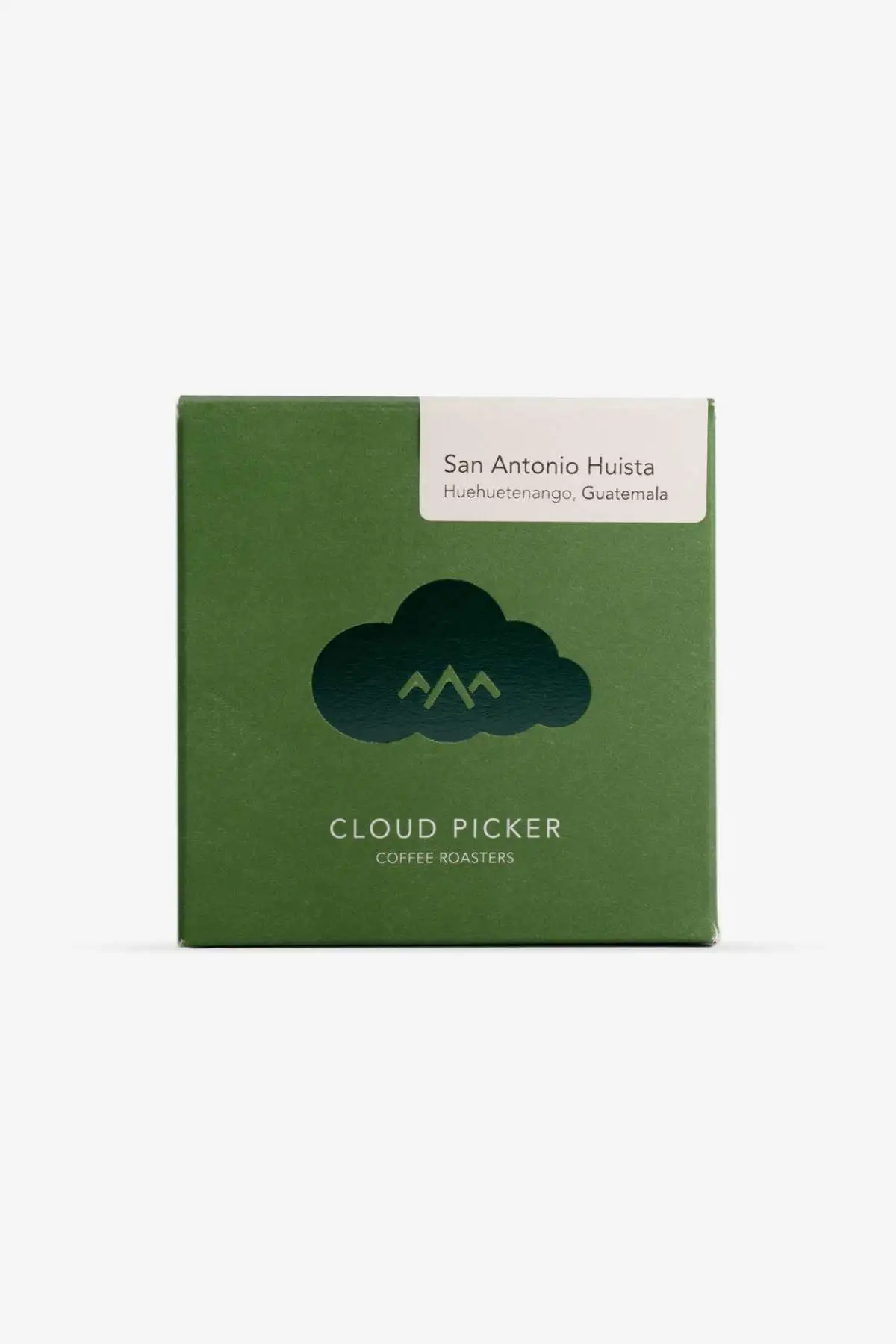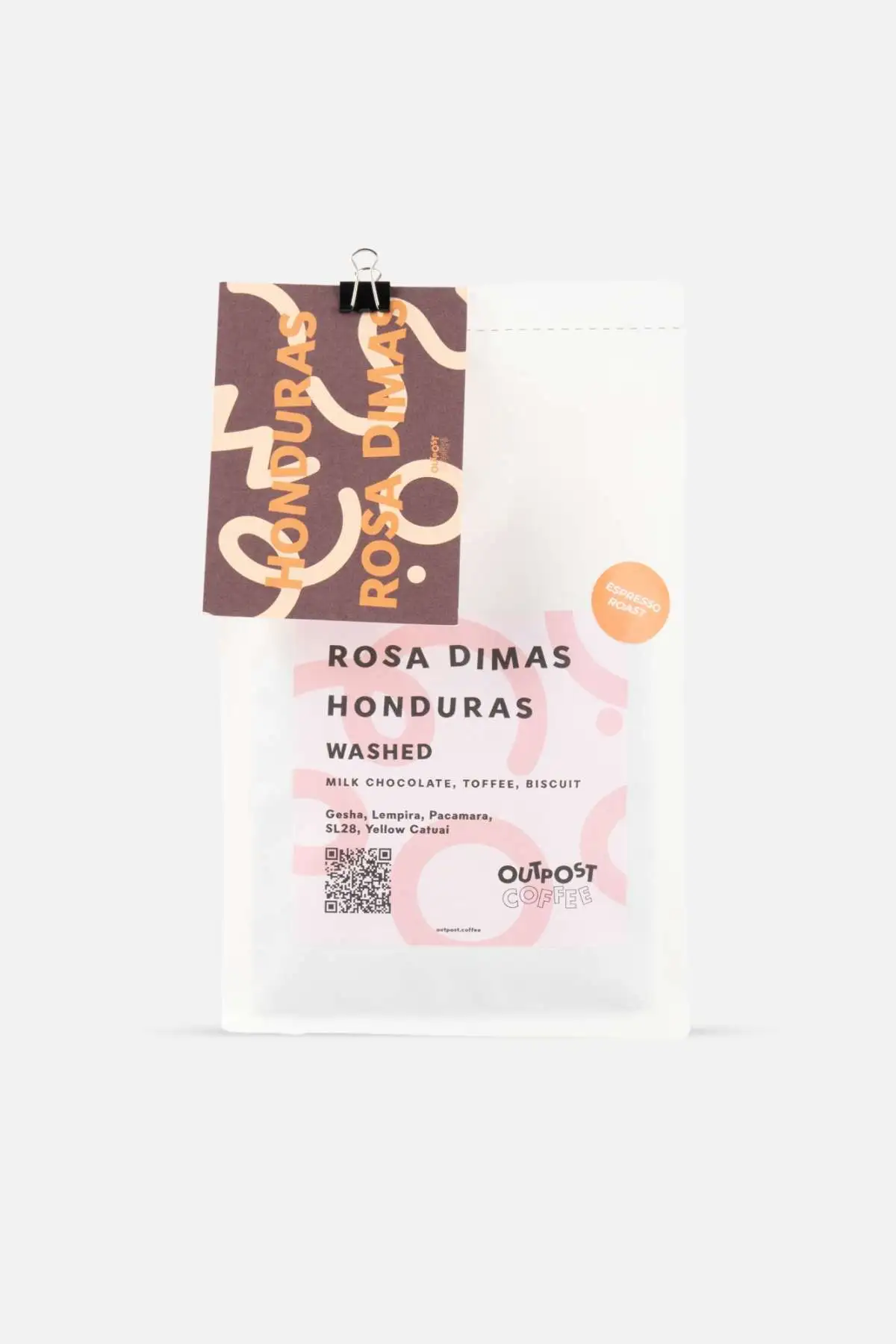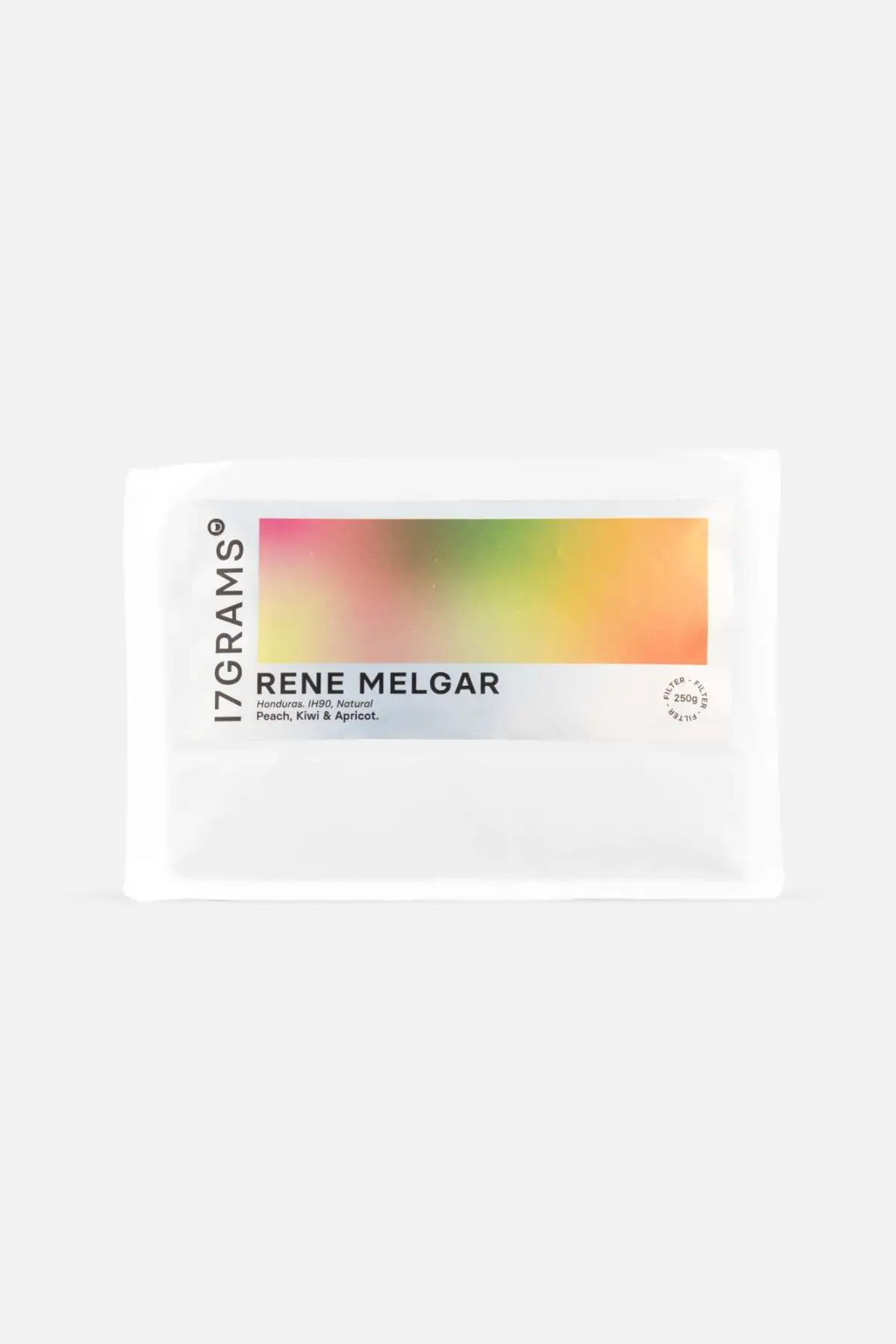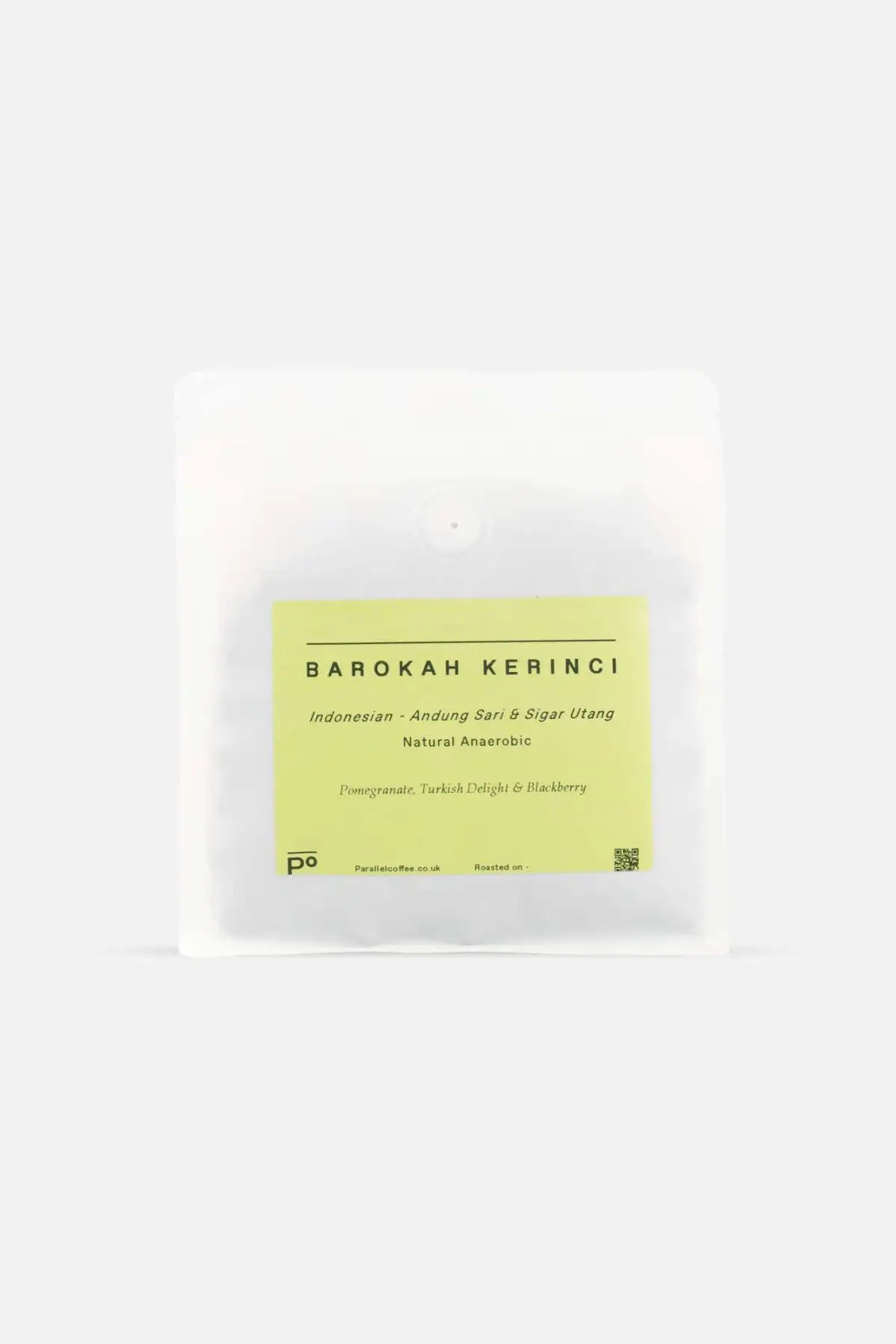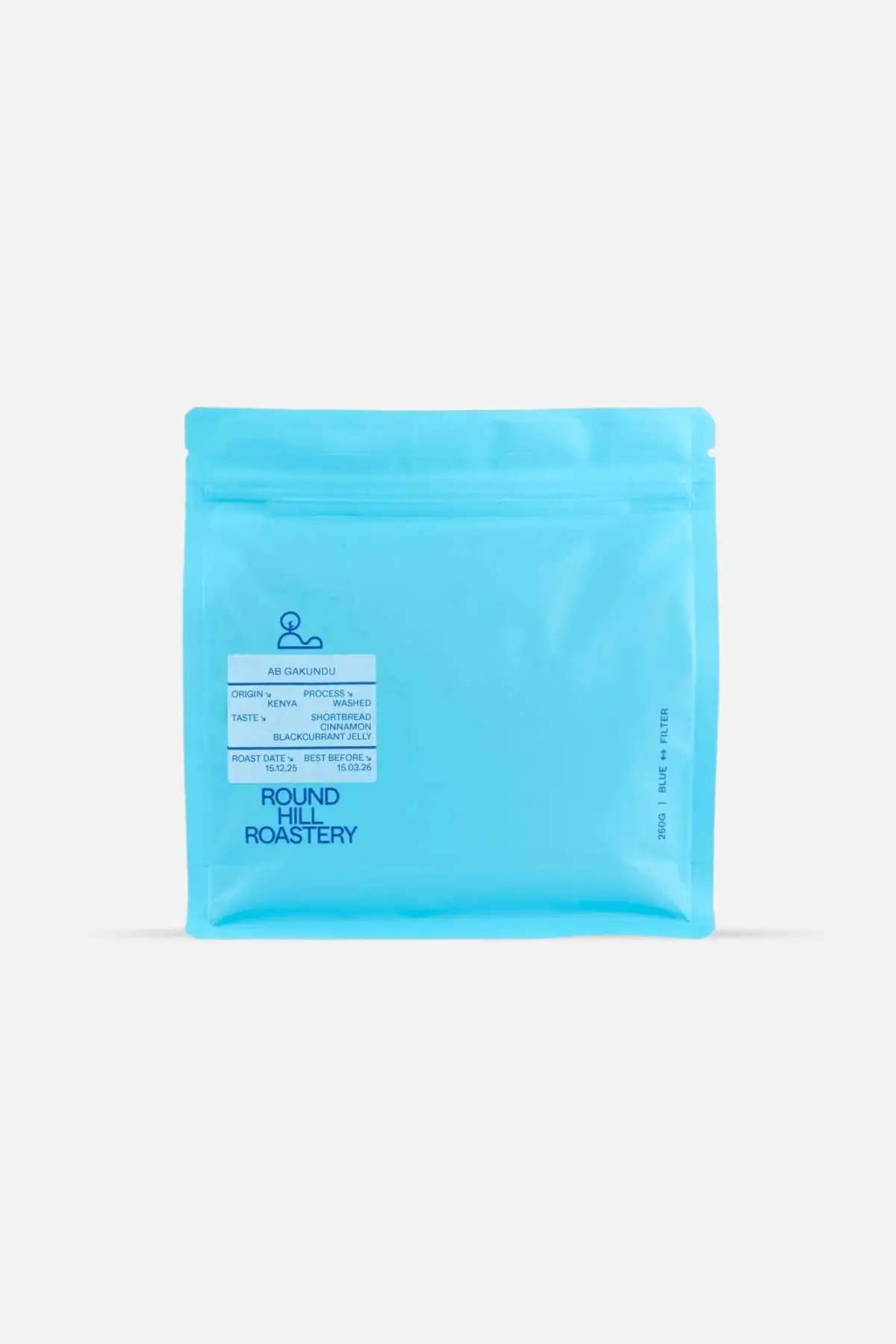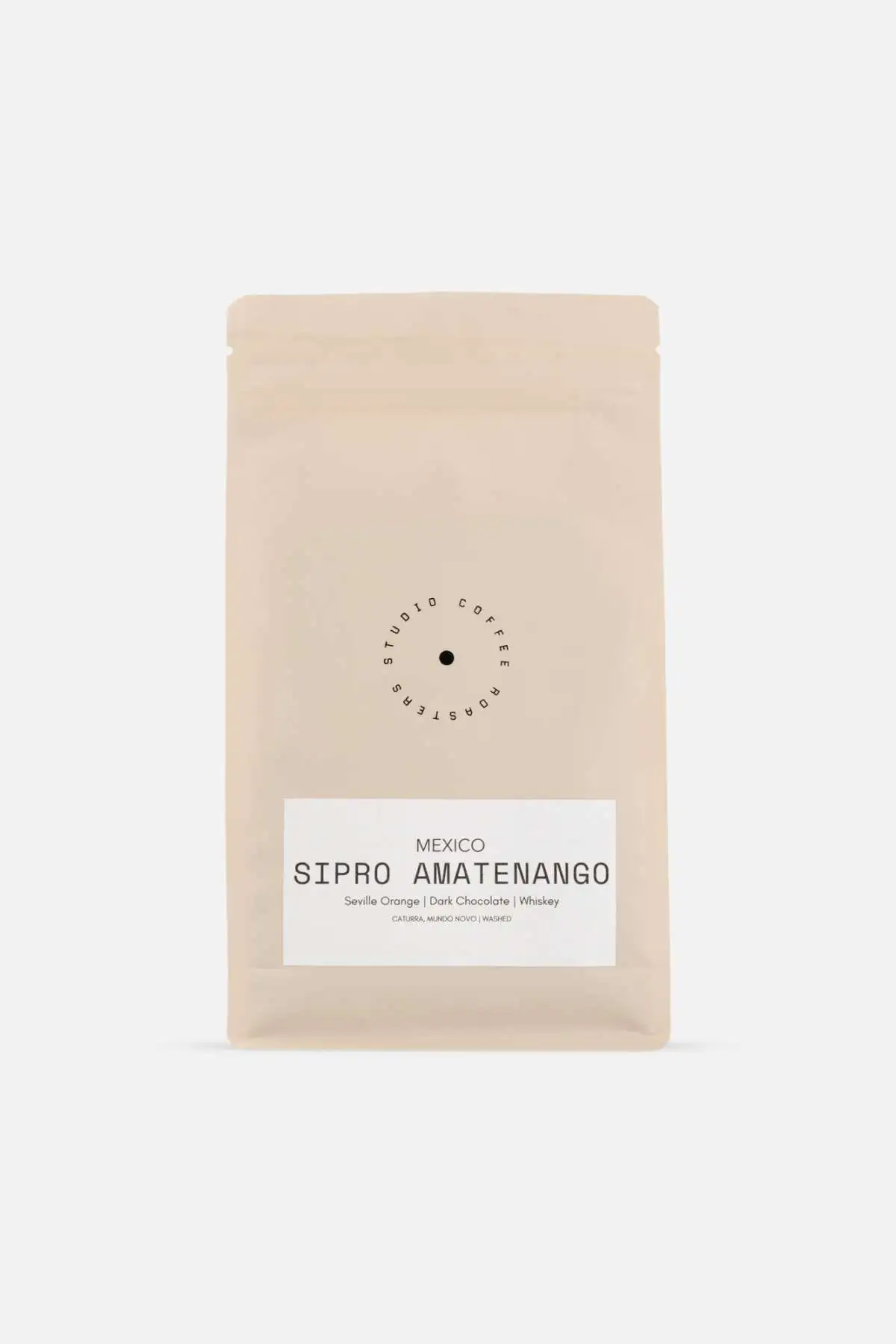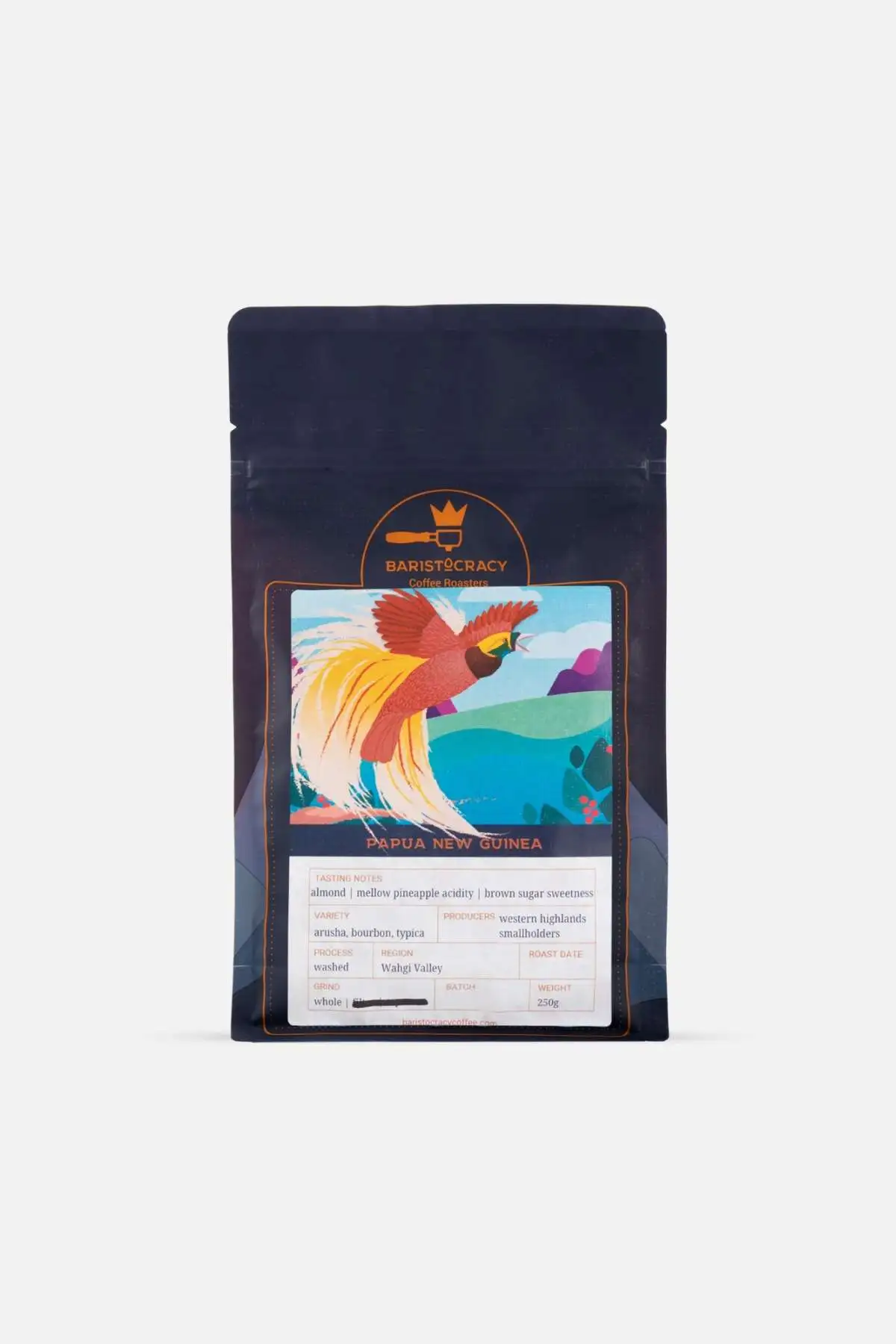Coffee Origins
Coffee originated in Ethiopia but over the last few hundred years it has made it's way across the globe. Coffee is typically grown between the Tropic of Cancer & the Tropic of Capricorn as this is where the climate and geographical conditions are ideal for it to thrive.
So much of coffee's flavour comes from where it's grown; the diverse origins of coffee beans impart distinctive flavours and traits onto the brew that fills your cup.
Exploring the different origins of coffee beans not only offers insight into the complexity of this beloved brew but also highlights the global connections fostered through centuries of cultivation and consumption.
Blends
A coffee blend comprises coffee beans sourced from various origins, spanning multiple countries or even diverse regions within a single country.
read more →Bolivia
It seems like Bolivia’s famously high altitudes would be a natural choice for growing coffee but its remoteness and position as a landlocked nation means it produces far less than neighbouring countries. With sweet full-bodied cups, Bolivian coffee beans are incredibly versatile.
read more →Brazil
Brazil is the world’s leading producer and exporter of coffee, contributing around a third of the world’s coffee grown on its Fazendas. With its classic rich chocolatey and nutty notes, Brazilian coffee offers broad appeal that's a popular choice for espresso drinkers.
read more →Burundi
Like its northern neighbour Rwanda, Burundi is fast becoming a large exporter of coffee, noted for its berry flavours and juicy acidity.
read more →China
A late entry to the specialty coffee game, China is definitely better known for its tea than its coffee. Chinese coffee is rapidly growing in quality thanks to the support of speciality importers attracted to its sweet and interesting traits.
read more →Colombia
Colombian coffee has a reputation as a crowd pleaser: mild and balanced, great with and without milk.
read more →Costa Rica
Costa Rican coffee is widely diverse with many heirloom varieties but is typically known for its lively acidity, sweet, light-bodied floral flavours.
read more →DR Congo
Coffee production in the Democratic Republic of the Congo is centred around the mountains, volcanoes, lakes and rivers in the east of the country along the Albertine Rift. These natural features make incredible coffee that is sought by roasters for both its versatility and uniqueness.
read more →Ecuador
Coffee was Ecuador’s main export crop until the 1970s, but these quantities were largely made up of poor quality Robusta. Today, growers in Ecuador's Andean regions have seen the opportunity to invest in specialty coffee farming, competing with other South American nations like neighbouring Peru.
read more →El Salvador
Coffee from El Salvador had a massive boom in the mid-20th century thanks to its perfect high-yield conditions. Around ninety percent of Salvadoran coffee is shade grown which contributes towards complexity and also helps to maintain the country’s biodiversity.
read more →Ethiopia
The birthplace of coffee. Ethiopia is where the coffee plant first flourished and we have this east African nation to thank for the cups we drink today.
read more →Guatemala
Guatemala’s grading system prizes coffees that are rich in chocolatey body, fruity and with a bold aroma.
read more →Honduras
While Honduras is Central America's top producer of coffee by weight, we rarely get to see it on the specialty market as it has historically lacked the quality infrastructure of its neighbours, and its product has been relegated to commercial blends.
read more →India
India is a rarer coffee origin dominated by small growers in the Western Ghats mountains of South India. Unusually, most Indian coffee is grown in the shade of other crops like tobacco, mango, pepper and other spice crops. This means that the soil is more nutrient dense and offers a rich and spicy flavour profile.
read more →Indonesia
Indonesia offers a totally unique coffee experience founded on the traditional processing method Giling Basah, or wet hulling. This method results in beans that are irregular and coffee that is low in acidity, with a full body and even a hint of spice but there is increasing investment to help producers diversify their coffee in order to reach the specialty market.
read more →Kenya
While not a native Kenyan crop, coffee plants thrive thanks to Kenya’s diverse topography and position on the equator. Many of the Kenyan coffees on drop have been picked by our roasters for their complexity and unique fruit characteristics and aromas.
read more →Malawi
Malawi is a landlocked East-African country that, like other neighbouring origins, sits astride the East African rift. With lower elevations than neighbours like Tanzania and resulting higher incidence of coffee diseases, Malawi is very much an emerging origin rarely seen on trade lists in the UK. It produces only around 2000 tons of green coffee per annum, a small amount of which is specialty grade- but this small proportion is generating a lot of buzz.
read more →Mexico
While still producing low yields mainly in the southern states of Oaxaca, Chiapas and Veracruz, small collectives in Mexico prioritise indigenous farming and building relationships with specialty coffee roasters who value their quality of their coffee beans which make balanced and fruity cups.
read more →Myanmar
While coffee isn’t a new crop to Myanmar, the struggles of civil war and isolation have meant exports were very low. With strong body and earthy tones, coffee from Myanmar makes for a great espresso roast.
read more →Nicaragua
Northern Nicaragua, where a majority of the country's coffee is grown, provides unique regional microclimates and the varied terrain needed for successful coffee cultivation and unique flavour-profiles that lean towards caramel, fruity sweetness and mild acidity.
read more →Panama
The brief history of coffee growing in Panama is all about quality over quantity. The unique landscape and micro-climates of this Central American country go hand in hand with a top-down education programme to produce incredible specialty grade coffee that we hope to see much more.
read more →Papua New Guinea
Less rich in flavour than neighbouring Indonesian coffees, Papua New Guinea produces coffee containing a lot of natural oils that provide a full body but are typically brighter with an exotic fruity aroma.
read more →Peru
Peruvian coffee shares many flavour similarities with its northern neighbour Colombia. Peru has nature on its side, with the Andes running right through the nation coffee is grown widely from north to south, blessed with the high altitudes that produce perfect arabica coffee.
read more →Rwanda
Rwanda is known as ‘the land of a thousand hills’, and its coffee benefits from ideal coffee growing conditions including high altitude, regular rainfall and volcanic soils. Fruity and floral, the majority of Rwandan coffee is grown by around half a million smallholders in the nation.
read more →Tanzania
Coffee is deeply intertwined with culture in Tanzania, arriving from Ethiopia and used by the Haya tribe as both currency and for stimulation. Despite low yields, coffee remains Tanzania’s largest export crop, sharing a similar clean and bright profile to other East African origins.
read more →Thailand
Still rarely seen in specialty roasting, Thailand’s coffee industry is relatively new, with Arabica growing in the mountainous northern regions since the 1970s. The South East Asian tourism boom has brought a new focus on traceable, high quality coffee that is clean and sweet.
read more →Timor Leste
Because of little intervention in the coffee that grows in the country's natural shaded mountain regions, coffee from Timor Leste is organic by default, and it is possibly the only country in the world that produces exclusively organically grown coffee.
read more →Uganda
When it comes to coffee, Uganda falls in the shadow of nearby Ethiopia and Kenya, especially in specialty circles. Intense and full of clean dark fruit flavour, it’s an origin worth your attention.
read more →Zambia
A relative newcomer in coffee production, Zambia produces coffees that are mild but bright often with a sweet citrus flavour profile, especially in its mountainous northern province.
read more →









































